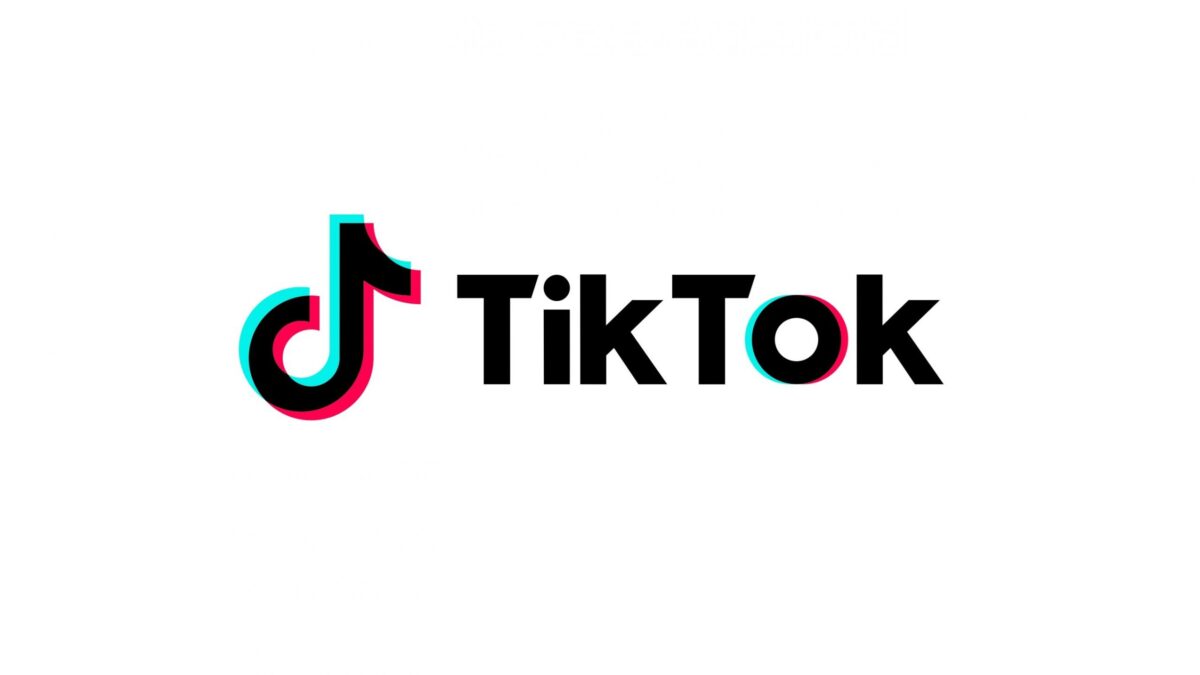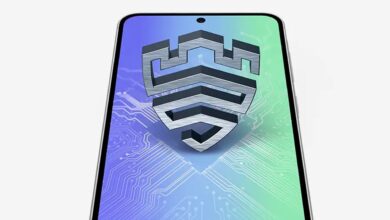
The U.S. Supreme Court has upheld the law that will effectively ban TikTok on Sunday, January 19, 2025. This decision marks the end of a long legal battle for TikTok against the Protecting Americans from Foreign Adversary Controlled Applications Act. The law compels TikTok’s parent company, ByteDance, to divest its U.S. operations or face an outright ban. As Sunday approaches, questions loom about the immediate impact on millions of users, creators, and businesses who rely on the platform.
Key Developments
Legal Ruling
The Supreme Court rejected appeals from TikTok and U.S. users arguing the law violates First Amendment rights.
Implementation
As of Sunday, app stores and hosting services will no longer be allowed to distribute TikTok. TikTok has stated it will “go dark,” though the exact process remains unclear.
Divestment Debate
ByteDance argued that selling the app’s U.S. operations is infeasible due to Chinese regulations restricting the export of TikTok’s algorithm.
Government’s Case Against TikTok
The U.S. government has long asserted that TikTok’s ties to ByteDance pose a national security risk. The Department of Justice argued that the Chinese government could compel ByteDance to turn over sensitive user data, compromising the privacy of millions of Americans. The government highlighted TikTok’s potential for misuse, such as tracking U.S. federal employees, corporate espionage, and blackmail through data collection.
TikTok’s Defense
TikTok countered that banning the app infringes upon First Amendment rights by restricting users’ ability to express themselves on the platform. Additionally, the company warned that a forced sale would fundamentally alter TikTok’s operations, as the algorithm central to its success cannot legally be exported from China. The company also highlighted the broader implications for creators and businesses that depend on TikTok’s ecosystem for income and visibility.
Broader Implications
TikTok’s Algorithm and Data Collection
The Supreme Court ruling underscores TikTok’s proprietary algorithm, developed and maintained in China, as central to its operations. The algorithm tailors content for users by analyzing extensive data, including personal information, behavioral patterns, and device metadata. This scale of data collection has raised U.S. concerns about potential misuse under Chinese laws requiring companies to cooperate with intelligence operations.
Impact on Users and Businesses
The ban will directly affect the 150 million TikTok users in the U.S., disrupting a thriving creator economy. Small businesses, artists, and influencers who rely on TikTok for marketing and revenue will face significant setbacks. TikTok has been a vital platform for amplifying diverse voices and fostering global cultural exchange.
Challenges of Enforcement
The ruling highlighted difficulties in enforcing alternative measures, such as data-sharing restrictions or oversight mechanisms. TikTok’s complex software architecture and the scope of Chinese influence make such measures less effective than a divestiture. Law enforcement’s ability to detect violations and monitor compliance was deemed insufficient to address the risks.
Technology Regulation and Precedent
The TikTok ban sets a new precedent for how the U.S. regulates foreign-owned tech companies. It echoes past actions against Huawei, where concerns over Chinese government influence led to sanctions and operational bans. Critics argue that these moves reflect the U.S.’s strategic aim to curb competition from dominant foreign tech companies.
What Happens Next?
Starting Sunday, January 19, TikTok will no longer be available for download on Apple and Google platforms.
Divestiture as a Conditional Ban
The Act imposes a conditional ban rather than an outright prohibition. ByteDance could retain U.S. operations by meeting divestiture requirements, ensuring no operational ties to entities controlled by adversarial governments.
Legal and Political Uncertainty
As President-elect Donald Trump takes office, his administration may choose to renegotiate or delay the ban, creating further ambiguity.
Conclusion
The Supreme Court’s ruling brings an end to TikTok’s legal fight but marks the beginning of broader debates around technology, national security, and digital freedom. The Court emphasized that TikTok’s size, scale, and susceptibility to foreign adversary control justified the Act’s stringent measures. The ban will have widespread consequences for users, businesses, and the tech industry, reshaping how governments address the intersection of technology and sovereignty. Sunday will be a defining moment for TikTok and its millions of users in the United States.






